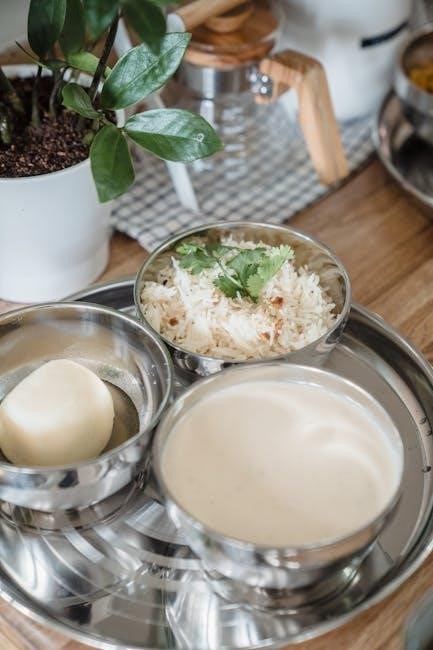The Indian Diet Chart for Kidney Patients PDF provides a comprehensive guide tailored for individuals with kidney disease, focusing on balancing nutrients while adhering to traditional Indian cuisine. It emphasizes controlling sodium, potassium, and phosphorus intake, promoting whole grains, lean proteins, and low-fat dairy. Download the PDF for a detailed meal plan and nutrition tips to manage kidney health effectively.
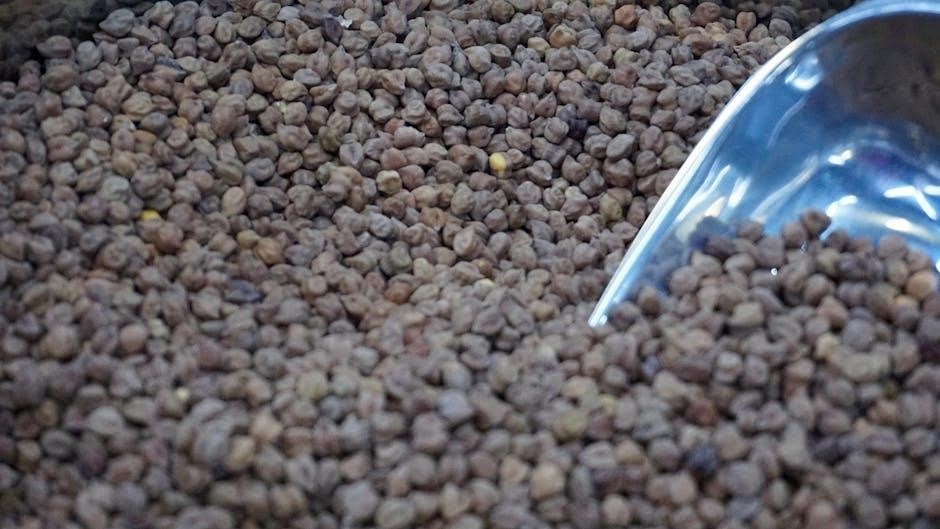
- Includes breakfast, lunch, dinner, and snack options.
- Focuses on plant-based and whole grain foods.
- Offers personalized dietary recommendations.
Perfect for those seeking a kidney-friendly Indian diet plan to support overall well-being.
Kidney disease is a serious health condition where the kidneys lose their ability to filter waste, excess fluids, and electrolytes effectively. As a result, managing the diet becomes crucial to reduce the strain on these vital organs and prevent further complications. For Indian kidney patients, adhering to a tailored diet is essential to maintain kidney health and overall well-being. The Indian diet chart for kidney patients PDF serves as a valuable resource, providing detailed guidelines on food choices that are both nutritious and easy to incorporate into daily meals.
The primary goal of a kidney-friendly diet is to control the intake of sodium, potassium, and phosphorus, which can accumulate in the body and worsen kidney function. Traditional Indian cuisine, with its rich use of spices and diverse ingredients, requires careful planning to ensure it aligns with dietary restrictions. Plant-based foods, whole grains, and lean proteins are highly recommended, as they are nutrient-dense and gentle on the kidneys.
- Focuses on reducing the burden on kidneys through balanced nutrition.
- Highlights the importance of monitoring sodium, potassium, and phosphorus intake.
- Encourages the inclusion of whole grains, vegetables, and lean proteins.
A well-planned diet not only helps manage kidney disease but also supports overall health, reducing the risk of complications and improving quality of life.
Key Principles of an Indian Diet for Kidney Patients
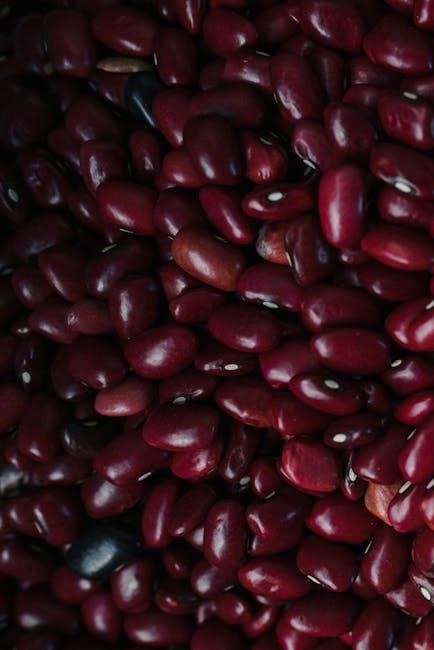
The key principles of an Indian diet for kidney patients focus on balancing nutrients while minimizing the strain on the kidneys. This involves limiting foods high in sodium, potassium, and phosphorus, which can worsen kidney function. The diet emphasizes whole grains, fresh vegetables, and lean proteins, which are nutrient-dense and easier for the kidneys to process; Traditional Indian dishes can be adapted to meet these requirements by reducing spices and salts and incorporating more plant-based ingredients.

- Limit sodium, potassium, and phosphorus intake to prevent overload on the kidneys.
- Incorporate whole grains like brown rice, quinoa, and whole-wheat chapatis for fiber and nutrients.
- Choose lean protein sources such as egg whites, fish, and legumes, avoiding high-fat or processed meats.
- Include low-potassium vegetables like cabbage, carrots, and cauliflower, and limit high-potassium foods like spinach and banana.
- Opt for healthy fats like olive oil and mustard oil in moderation.
- Stay hydrated with herbal teas, lukewarm water, and basil leaves, but avoid excessive fluid intake.
By adhering to these principles, Indian kidney patients can maintain a balanced and nutritious diet that supports kidney health while enjoying traditional flavors.

Importance of a Planned Diet for CKD Patients
A planned diet is crucial for CKD patients to manage kidney function, balance electrolytes, and control waste products. It helps reduce the risk of complications, slows disease progression, and supports overall health, making it essential for improving quality of life.
Impact of Diet on Kidney Function and Overall Health
Diet plays a pivotal role in maintaining kidney function and overall health, especially for CKD patients. A well-planned diet helps manage sodium, potassium, and phosphorus levels, reducing the strain on kidneys. It also helps control blood pressure and blood sugar, which are critical for preventing further kidney damage.
A balanced diet rich in plant-based foods, whole grains, and lean proteins supports kidney health. Foods like vegetables, fruits, and low-fat dairy provide essential nutrients without overloading the kidneys. Avoiding processed foods, excessive protein, and high-sodium items is equally important. Proper hydration, with fluids like herbal teas and lukewarm water with basil, aids in flushing toxins without overburdening the kidneys.
A poor diet can exacerbate kidney damage, leading to complications such as fluid retention, electrolyte imbalances, and accelerated disease progression. Therefore, adhering to a kidney-friendly diet is vital for preserving kidney function and improving overall well-being. Regular consultation with a dietitian ensures personalized dietary plans tailored to individual needs, promoting longevity and health for CKD patients.
Dietary Recommendations and Meal Plan
The Indian diet chart for kidney patients focuses on whole grains, fruits, vegetables, lean proteins, and healthy fats. It emphasizes controlling sodium, potassium, and phosphorus intake while incorporating traditional Indian dishes tailored to individual kidney health needs.
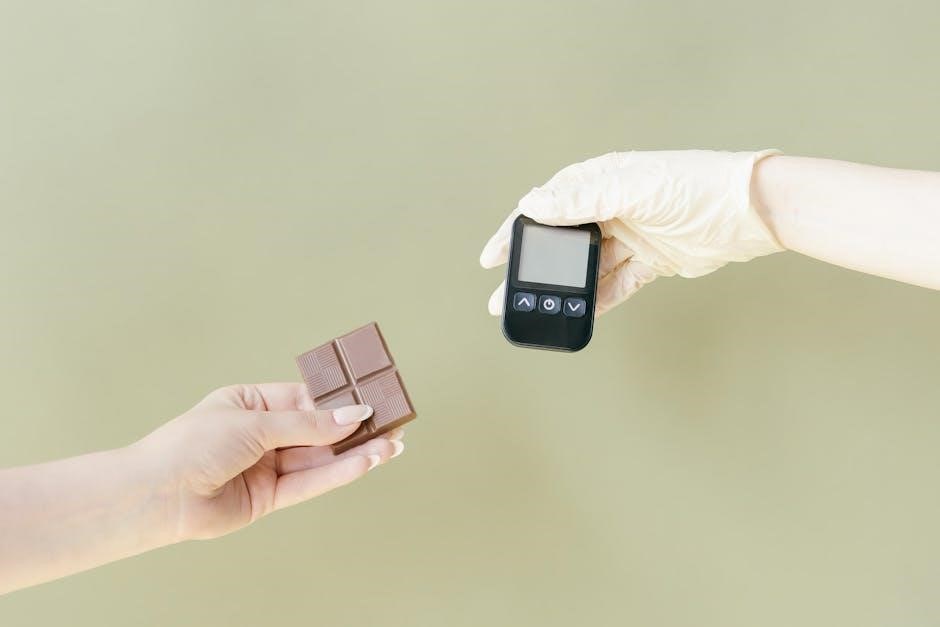
Breakfast Options for Kidney Patients
For kidney patients, a healthy breakfast is essential to start the day with balanced nutrition. The Indian diet chart for kidney patients recommends options like egg whites, moong dal chilla, or oats porridge, which are low in potassium and phosphorus. Whole grain idlis or poha with minimal spices are also ideal. Vegetables like spinach or carrots can be added for extra nutrients. Avoid high-sodium or high-phosphorus foods like processed bread or cheese. Herbal teas or lukewarm water with basil leaves can accompany meals to aid digestion. Ensure protein intake is moderate, focusing on plant-based or lean sources. Consult a dietitian to personalize breakfast options based on individual kidney function and dietary needs. This ensures the meal aligns with overall health goals and supports kidney well-being effectively.
- Egg whites or moong dal chilla
- Oats porridge with low-fat milk
- Whole grain idlis or poha
- Vegetable-based dishes
- Herbal teas or basil-infused water
These options promote kidney health while offering delicious and nutritious starts to the day.
Lunch and Dinner Ideas
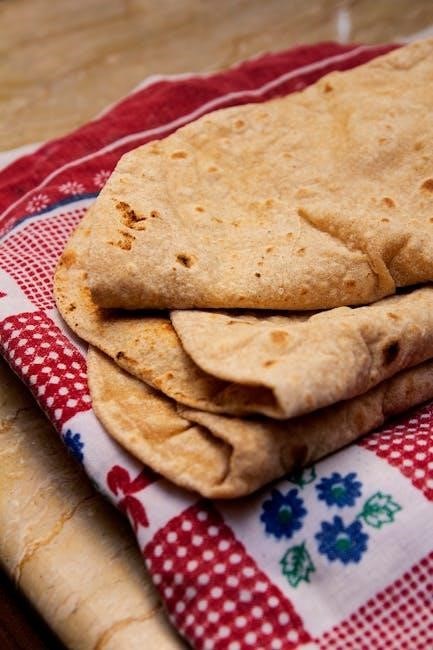
For kidney patients, lunch and dinner should focus on balanced nutrition while controlling sodium, potassium, and phosphorus. The Indian diet chart for kidney patients suggests incorporating whole grains like brown rice, quinoa, or whole wheat roti. Pair these with vegetable-based dishes such as spinach curry, beetroot sabzi, or stir-fried cabbage. Protein sources like egg whites, tofu, or low-fat dairy products like curd can be included in moderation. Avoid high-sodium spices and opt for herbs like cumin, coriander, or mint for flavor. Steamed or grilled vegetables are excellent choices, while lean meats like fish or chicken (without skin) can be occasionally added if permitted by your dietitian.
- Whole grain roti with vegetable curry
- Steamed rice with moong dal and stir-fried vegetables
- Baked or grilled fish (in moderation)
- Egg white bhurji with whole wheat toast
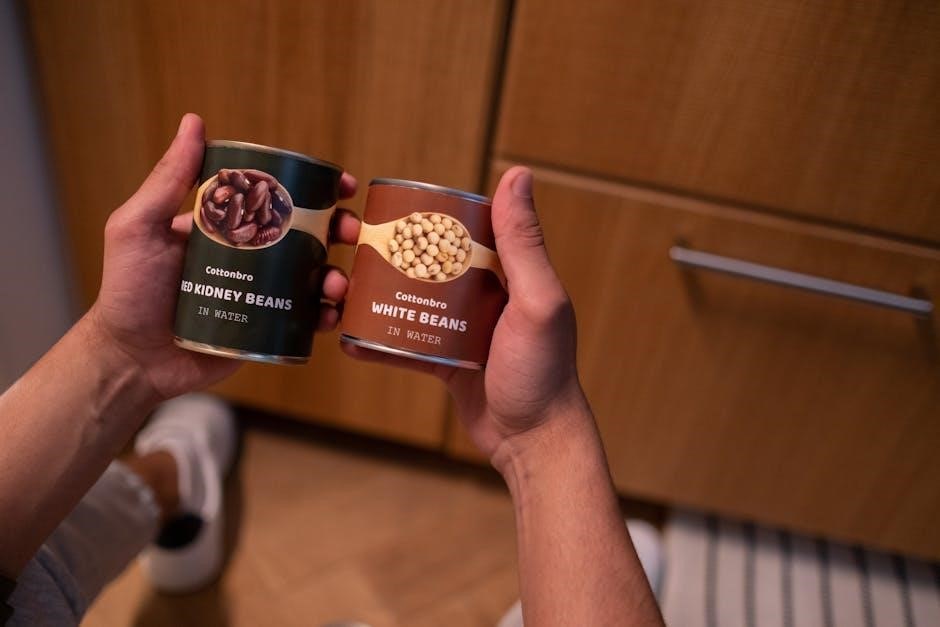
These meals ensure a balanced intake of nutrients while protecting kidney health. Always consult a dietitian to tailor meals according to individual kidney function and dietary needs.
Healthy Snacks and Fluid Intake Guidelines
Snacking plays a crucial role in maintaining energy levels between meals for kidney patients. The Indian diet chart for kidney patients recommends snacks rich in fiber and low in sodium, potassium, and phosphorus. Opt for fresh fruits like apples, papaya, or pears, as they are naturally low in these minerals. Herbal teas, such as green tea or chamomile, are excellent fluid options and aid in detoxification. Lukewarm water infused with basil leaves is also beneficial for kidney health. Nuts like almonds or walnuts can be included in small portions, but ensure they are unsalted. Yogurt (curd) and cucumber slices are great for hydration and provide essential probiotics. Avoid snacks high in sodium, such as chips or processed foods, and limit potassium-rich fruits like bananas and oranges.
- Fresh fruits like apples, papaya, and pears
- Herbal teas or green tea
- Unsalted almonds or walnuts in moderation
- Yogurt (curd) with cucumber slices
Fluid intake should be moderate, typically 1.5 to 2 liters daily, depending on kidney function. Prioritize water, herbal teas, and low-sodium beverages. Avoid excessive consumption of fruit juices high in potassium. Always consult a dietitian to tailor these guidelines to your specific condition.
